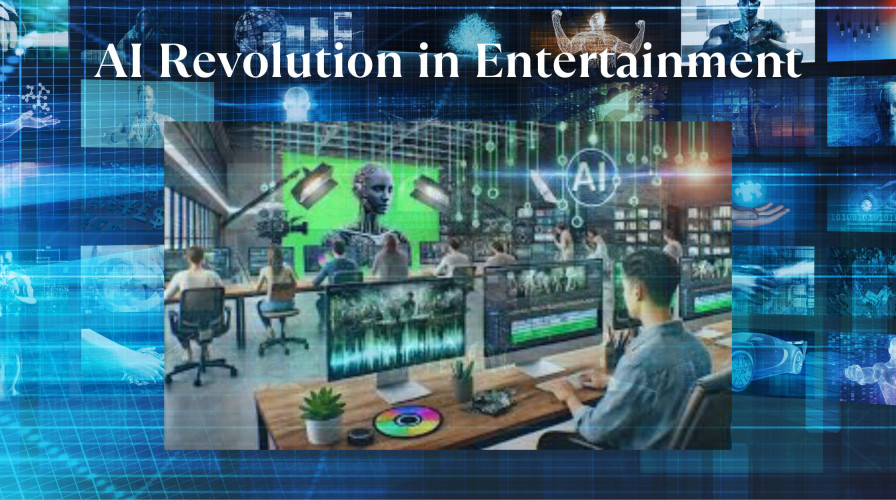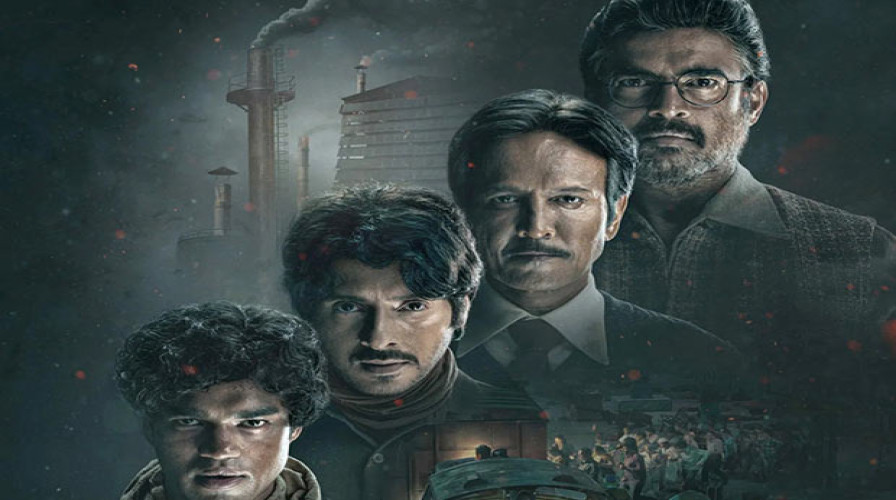The AI Revolution in Entertainment: From Scriptwriting to Special Effects
Artificial Intelligence (AI) has ushered in a new era of innovation and efficiency across various industries, and the entertainment sector is no exception. From transforming scriptwriting and enhancing special effects to revolutionizing audience engagement, AI technologies are reshaping every aspect of how entertainment is created, produced, and consumed. Here’s a look at the profound impact of AI on the entertainment industry and how it is shaping the future of storytelling.
AI's Influence on Creative Processes
AI-Powered Scriptwriting
AI algorithms are increasingly being used to assist in scriptwriting, helping writers generate ideas, predict audience preferences, and even refine dialogue. These tools analyze vast amounts of data from past films, audience reactions, and market trends to optimize storytelling elements and enhance plot development. AI's ability to process and interpret complex narratives is revolutionizing the creative process, enabling filmmakers to explore new storytelling techniques and engage audiences in innovative ways.
Virtual Actors and Digital Avatars
Advancements in AI and computer graphics have led to the creation of virtual actors and digital avatars that can perform and emote realistically on screen. AI-driven animation tools can simulate human expressions, gestures, and movements with remarkable accuracy, reducing production costs and expanding creative possibilities. This technology is not only used in animation but also in creating lifelike characters in live-action films and virtual reality experiences.
Enhancing Production and Post-Production
Predictive Analytics for Box Office Success
AI algorithms analyze historical box office data, social media trends, and audience demographics to predict the potential success of films and TV shows. Studios and producers use these insights to make informed decisions about marketing strategies, release dates, and audience targeting, maximizing the profitability of their productions.
Automated Editing and Special Effects
AI-powered editing tools streamline the post-production process by automating tasks such as video editing, colour grading, and visual effects compositing. These tools enhance efficiency, reduce production time, and improve the overall quality of visual content. AI algorithms can also generate realistic special effects and CGI elements, enhancing scenes and creating immersive cinematic experiences.
Personalized Content and Audience Engagement
Content Recommendation Algorithms
Streaming platforms leverage AI-driven recommendation systems to personalize content recommendations based on user preferences, viewing history, and demographic data. These algorithms analyze vast amounts of viewer data in real-time to suggest films, TV shows, and videos that are likely to resonate with individual users, enhancing user experience and retention.
Interactive Experiences and Virtual Reality
AI technologies power interactive storytelling experiences and virtual reality (VR) simulations that allow audiences to engage with content in immersive and interactive ways. AI-driven VR environments can adapt to user actions and preferences, creating personalized narratives and gaming experiences that blur the lines between reality and fiction.
The Future of AI in Entertainment
As AI technologies continue to evolve, their impact on the entertainment industry is expected to grow exponentially. From AI-generated music and predictive audience analytics to virtual production techniques and personalized content delivery, the future promises a convergence of creativity and technology that will redefine how stories are told and experienced.
Conclusion
AI has become a transformative force in the entertainment industry, revolutionizing everything from scriptwriting and production to audience engagement and content delivery. By harnessing the power of AI-driven tools and algorithms, filmmakers, studios, and content creators are pushing the boundaries of creativity, enhancing visual effects, and delivering personalized experiences to global audiences. As AI continues to advance, its role in shaping the future of entertainment promises to be nothing short of revolutionary.









